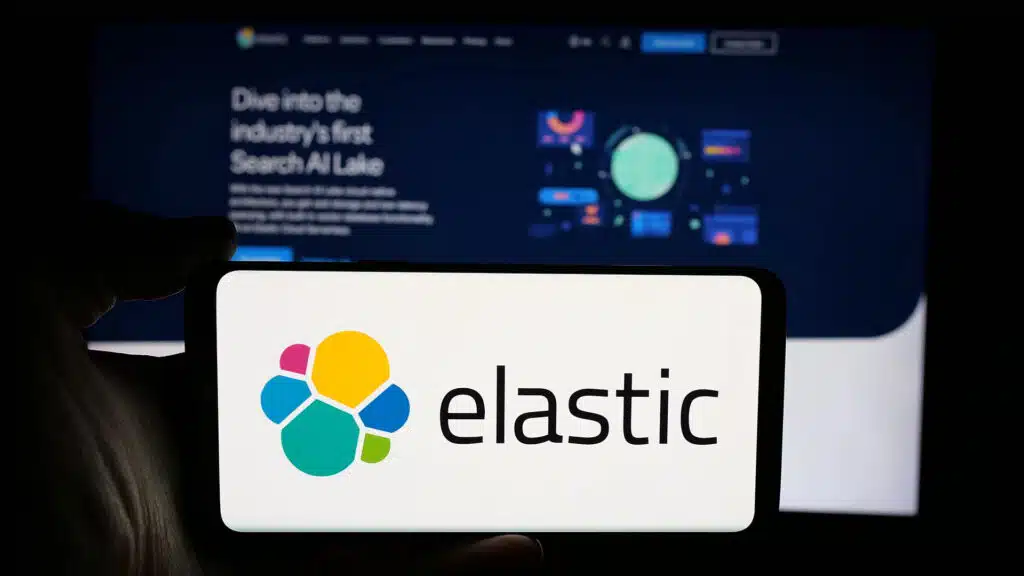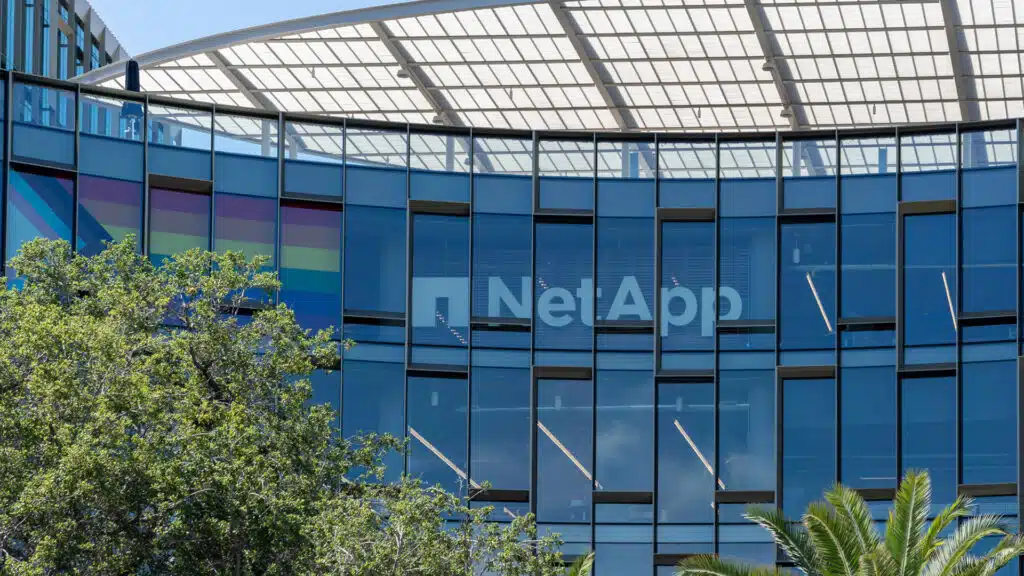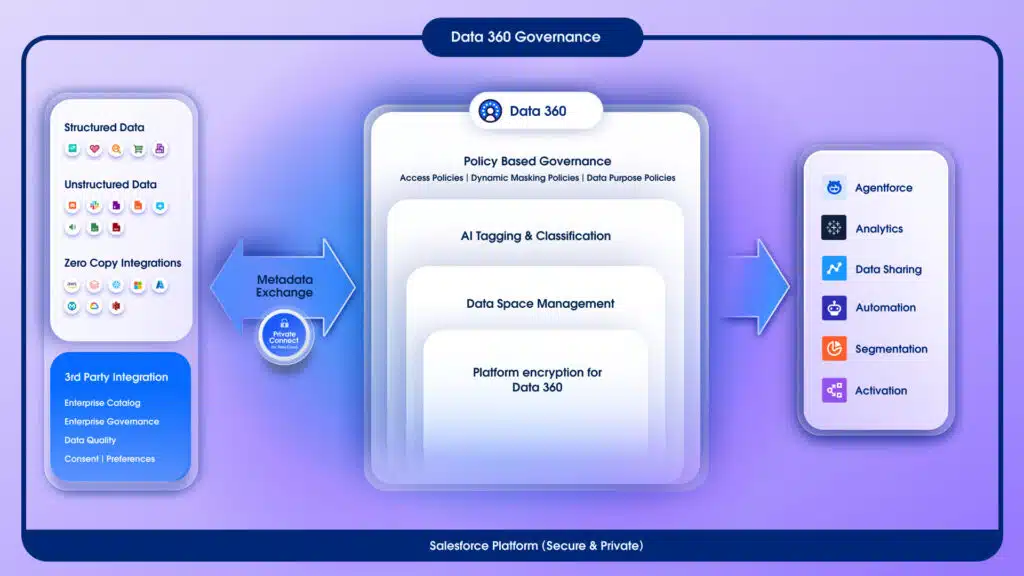Analyst(s): Olivier Blanchard
Publication Date: March 27, 2025
HP launched more than 80 AI-integrated products at its Amplify Conference 2025, including AI PCs, printers with quantum-resistant security, and updates to its Workforce Experience Platform. The portfolio includes new EliteBooks, EliteDesks, OmniBooks, gaming hardware, and AI software tools like HP AI Companion and Go10 connectivity.
What is Covered in this Article:
- HP has launched a massive portfolio of over 80 AI-driven devices and services.
- AI PCs feature NPUs with up to 50 TOPS and deliver 43x faster image generation.
- New printers protect against quantum computer threats with hardware-level security.
- HP enhances its Workforce Experience Platform with AI-driven fleet and sentiment analytics.
- CEO confirms all future internal HP PCs will be AI-enabled, anchoring long-term strategy.
The News: HP Inc. announced a sweeping portfolio of AI-powered PCs, printers, and software enhancements at its 2025 Amplify Conference. New models include the EliteBook 8, EliteDesk 8, and OmniBook X and 7 series, supported by NPUs with up to 50 TOPS and Copilot+ readiness.
In printing, HP introduced the world’s first quantum-safe printers, and SMB-focused AI features for document summarisation and redaction. These launches are positioned as foundational to HP’s future-of-work strategy, anchored in security, performance, and AI-native workflows.
HP Launches More Than 80 AI-integrated Products at its Amplify Event
Analyst Take: HP has made a definitive pivot toward AI PCs and secure digital infrastructure, positioning itself for premium share gains in commercial markets. The company is not simply reacting to AI hype – it is overhauling its product stack to enable edge AI, LLM execution, intelligent workflows on-device, and robust post-quantum security. This is a hardware-software play with long-term monetization potential and important elements of market differentiation, but execution, as always, will be critical.
HP’s Edge AI Push Creates a Unique Selling Advantage
As expected, HP is doubling down on edge AI with PCs capable of running increasingly large and efficient LLMs locally – an architectural advantage that cuts latency, improves privacy, and removes dependency on cloud access. In addition to purely AI-driven capabilities, these systems are far more capable from raw performance and efficiency perspectives. For instance, HP’s new EliteBook 8 and EliteDesk 8 Series offer NPUs that deliver 43x faster AI image generation and up to 224% power efficiency versus older models. Combined with AI Companion and Go10 connectivity, HP can now offer a secure, high-performance compute platform designed for the enterprise, mobile professionals, and hybrid workplaces.
With AI PC penetration projected to hit 25% in 2025 and reach up to 60% by 2027, HP’s focus on premium commercial SKUs is a margin-accretive growth lever. This is particularly relevant in the current FY2025 timeframe, which will mark the end of Windows 10 support and an acceleration of the transition to Windows 11 devices. These systems are expected to carry 5–10% ASP premiums over traditional PCs, creating runway for both revenue and profitability, particularly for the rest of this year, as lower-priced alternatives are still lacking in the new Copilot+ AI PC category.
Security and Manageability Drive Enterprise Stickiness
HP has also extended its AI strategy beyond compute to document and fleet management. For instance, its new LaserJet Enterprise 8000 printers are the world’s first to offer protection against quantum computer attacks – a bold move to secure enterprise workflows against future threats. In addition, SMB-focused print automation tools use AI to summarise documents and redact sensitive content locally, with no cloud dependency. These capabilities directly address compliance-heavy sectors and reinforce HP’s security-first positioning, but also help create renewed value for the print segment, which, despite producing healthy margins for HP, continues to shrink year over year. If the strategy for HP is to incentivize IT departments to upgrade their old printers to newer models, this new focus on post-quantum security focus is a great way to achieve this – more so than AI-enabled features, which are likely to work better on individual users and prosumers than enterprise and SMB IT leaders.
Enhancements to the Workforce Experience Platform, including AI sentiment analysis and natural language processing or NLP-powered Fleet Explorer, also move HP from a hardware vendor to a workplace intelligence provider. By integrating Vyopta and deploying pre-built analytics dashboards, HP is embedding itself deeper into enterprise IT operations, with clear upsell potential across managed services. This continues to be an underindexed piece of HP’s overall story, and I expect that we will be double-clicking on this in the very near future.
Commercial Execution and Supply Chain Diversification Will Be Decisive
HP’s success will hinge on how well it executes in premium commercial segments and delivers volume growth in AI PCs. The company is off to a good start this year, reporting 10% YoY commercial revenue growth in Q1 (driven by AI adoption and Windows 11 upgrades). Internally, HP has committed to making all new PCs AI-enabled – a signal of full organizational alignment behind the strategy, which aligns with market expectations and the segment’s overall competitive roadmap.
Also worthy of note is that supply chain resilience remains a key strength for HP, with the company expecting less than 10% of North America-bound products to be sourced from China by end-FY25. This should help insulate the business against further tariff escalations. (HP is already absorbing the current 10% China tariffs and using strategic inventory and pricing levers to maintain its outlook.) With its combination of AI PCs, edge compute capabilities, and robust Print and WXP platforms, HP is creating a high-barrier ecosystem capable of delivering durable growth – so long as adoption scales as expected.
What to Watch:
- Whether HP can sustain its commercial momentum as AI PC competition intensifies from Dell, Lenovo, and Apple.
- Impact of Humane’s CosmOS platform integration on HP’s edge AI software roadmap.
- Adoption velocity of HP’s quantum-safe printers in highly regulated industries.
- Execution on tariff mitigation and realignment of supply chains beyond China.
See the complete press release on HP’s Amplify 2025 AI product announcements on the HP website.
Disclosure: The Futurum Group is a research and advisory firm that engages or has engaged in research, analysis, and advisory services with many technology companies, including those mentioned in this article. The author does not hold any equity positions with any company mentioned in this article.
Analysis and opinions expressed herein are specific to the analyst individually and data and other information that might have been provided for validation, not those of The Futurum Group as a whole.
Other insights from The Futurum Group:
HP Q1 FY 2025: Commercial PCs Fuel Growth, While Printing Struggles Against Market Pressures
Could Quantum-Resistant Printers Be the Next IT Procurement Standard?
HP’s New EliteBook Series Brings AI to the Forefront of Business Laptops
Author Information
Olivier Blanchard is Research Director, Intelligent Devices. He covers edge semiconductors and intelligent AI-capable devices for Futurum. In addition to having co-authored several books about digital transformation and AI with Futurum Group CEO Daniel Newman, Blanchard brings considerable experience demystifying new and emerging technologies, advising clients on how best to future-proof their organizations, and helping maximize the positive impacts of technology disruption while mitigating their potentially negative effects. Follow his extended analysis on X and LinkedIn.







